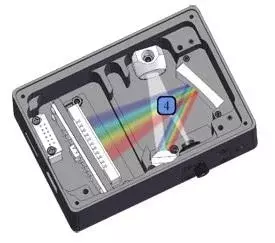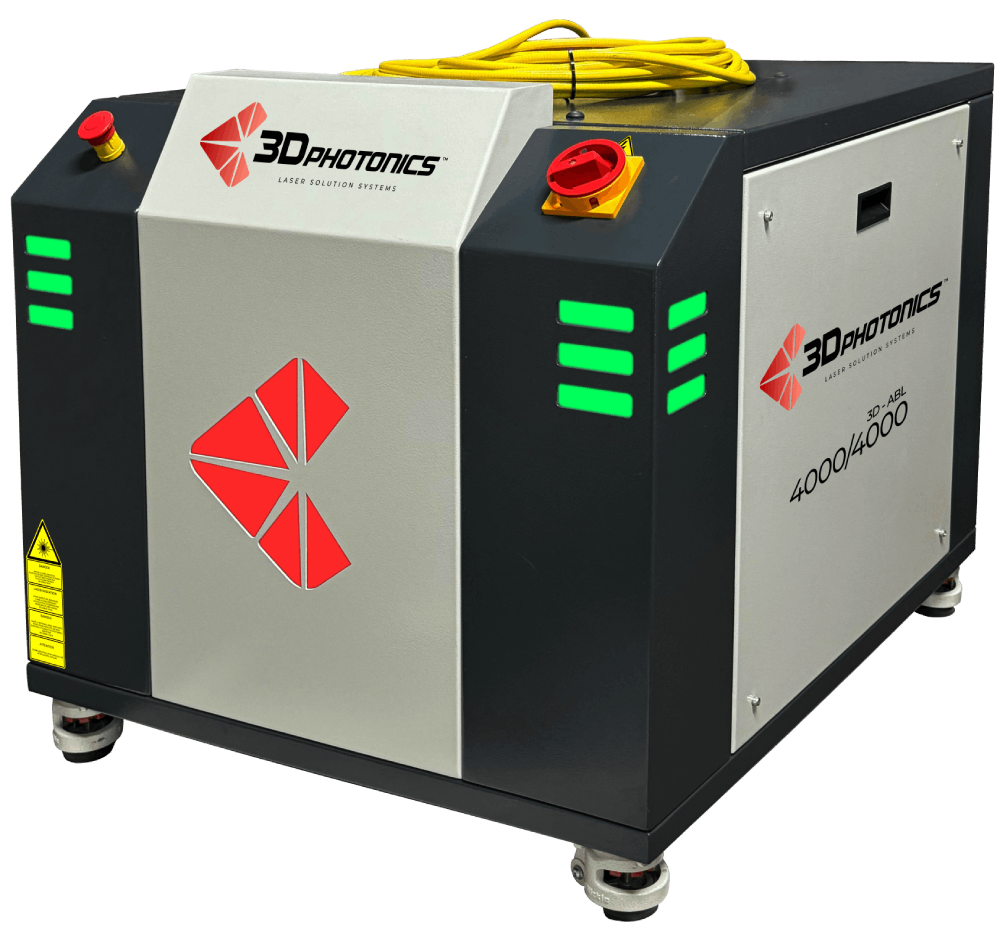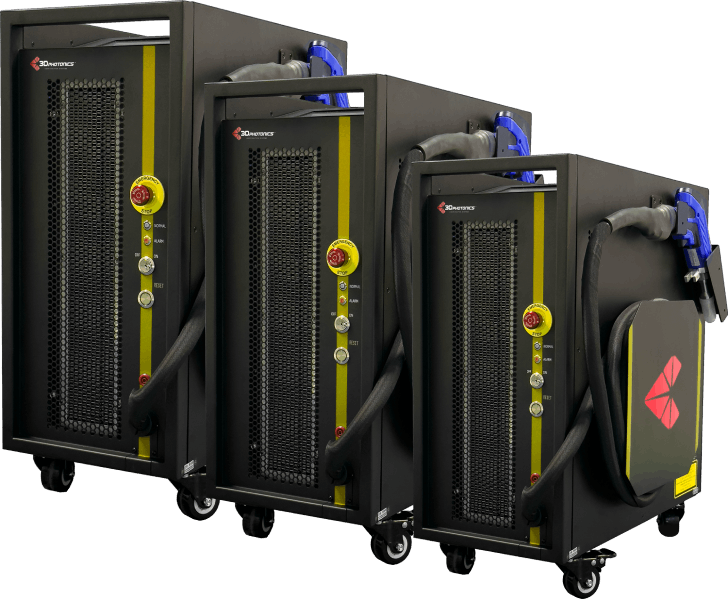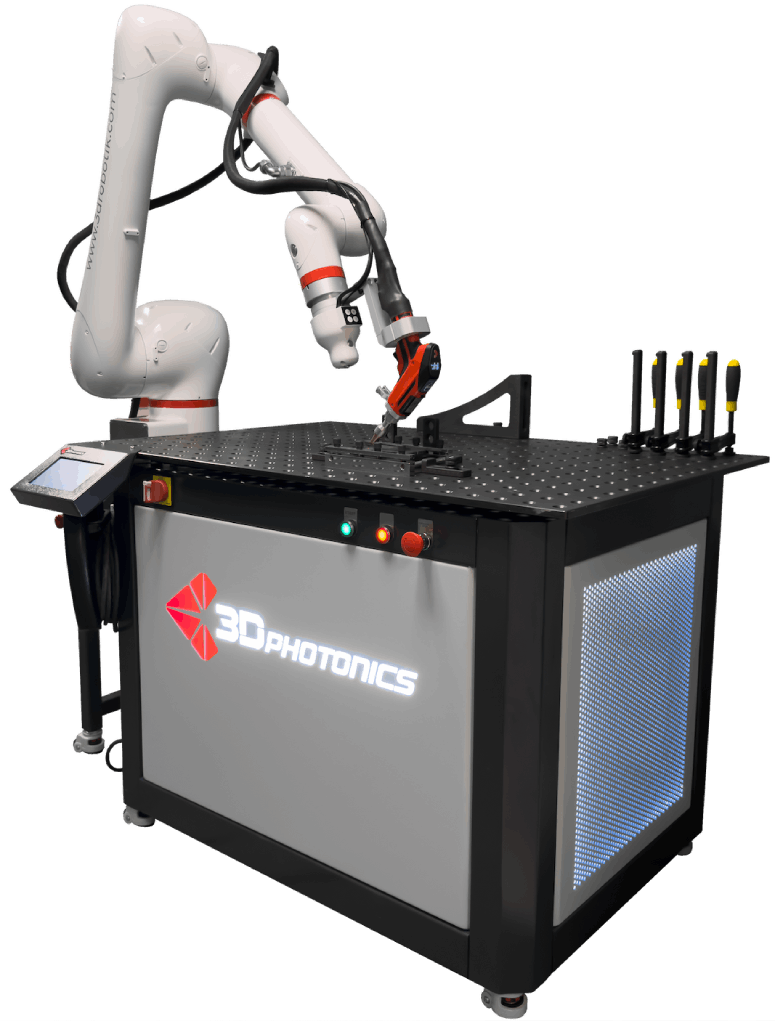
Advanced instruments are essential in modern industries for quality control, analysis, and process optimization. One of the most vital tools is the spectrometer, widely used for its ability to provide precise and reliable results. So, what exactly is a spectrometer, and how is it applied across different industries?
What Is a Spectrometer?
A spectrometer is a device that analyzes electromagnetic radiation by splitting light into its component wavelengths. This allows users to identify the chemical composition, structure, and purity of a substance. Spectrometer usage is particularly important in material identification and quality assurance processes.
Applications of Spectrometers in Industry
1. Metallurgy and Material Science
Used to verify alloy content and detect impurities. Optical emission spectrometers (OES) are commonly used in this field.
2. Chemical and Petrochemical Industry
For analyzing complex mixtures and molecular structures, devices like GC-MS and FTIR are popular choices.
3. Food and Beverage Sector
UV-VIS spectrometers are used for detecting additives and contaminants in food safety testing.
4. Pharmaceuticals and Biotechnology
Essential for analyzing active ingredients and purity in drug development and quality control.
5. Environmental and Water Analysis
Spectrometers detect pollutants in drinking water, wastewater, and air quality assessments.
Types of Spectrometers and Their Features
| Type | Application | Advantages |
|---|---|---|
| UV-VIS Spectrometer | Food, environment, biology | Simple and cost-effective |
| FTIR Spectrometer | Chemistry, pharma, polymers | Detailed molecular analysis |
| ICP-MS | Heavy metal analysis | Detects ultra-trace elements |
| OES | Metallurgy | Fast and reliable metal testing |
Key Points for Spectrometer Use
- Ensure proper device calibration.
- Sample preparation affects analysis quality.
- Select correct wavelength range.
- Use licensed and updated analysis software.
Frequently Asked Questions
What substances can be analyzed with a spectrometer?
Metals, liquids, gases, biological samples, and food products can be analyzed.
Are spectrometers expensive?
Prices vary by model and precision. Entry-level models are affordable.
How often should calibration be done?
Weekly or monthly depending on usage frequency.
Are portable spectrometers reliable?
Modern portable units offer high accuracy and are ideal for on-site use.
How fast are the results?
Depending on the device, results can be obtained in seconds to minutes.
Spectrometer usage plays a crucial role in all stages from R&D to production in various industries. It improves quality while reducing costs. Choosing the right spectrometer enhances your analysis power and competitive edge in the market.
- Is Micron-Level Processing Possible with Lasers? How It's Achieved
- Recent Developments in Fiber Laser Technology
- 5 Key Factors That Define Quality in Optical Systems
- What Is Laser Marking? Permanent and Reliable Traceability Solutions
- Using Spectrometers in Industrial Applications
- Laser Cutting vs CNC: A Comparative Guide
- Optical Solutions in 3D Manufacturing: The Power of Precision
- The Role of Laser in the Defense Industry: Next-Generation Security Technologies
- What Are Optical Filters Used For? The Impact of Right Selection on Production
- FABTECH Chicago, September 8-11, 2025
- 3D Photonics at FABTECH 2024: Showcasing Advanced Laser Technologies for Industrial Applications
- 3D Photonics Showcases Innovative Laser Solutions at EUROBLECH 2024
- What is Photonics?
- Robot Investments Summit | 20-23 December | Istanbul
- 16. Blechexpo | 7 - 10 November | Messe Stuttgart



